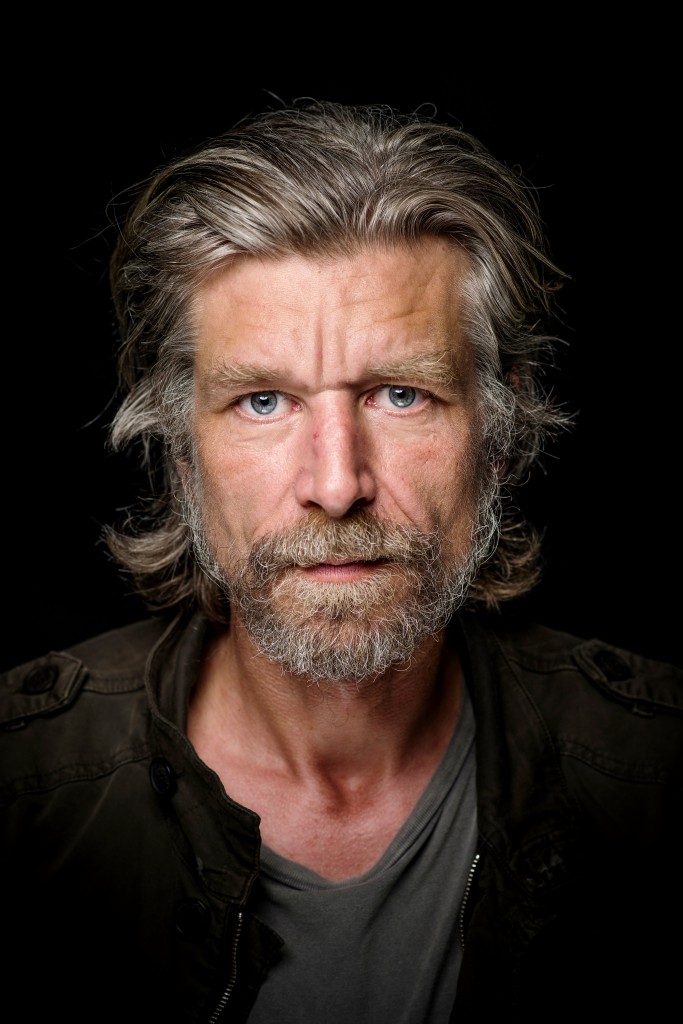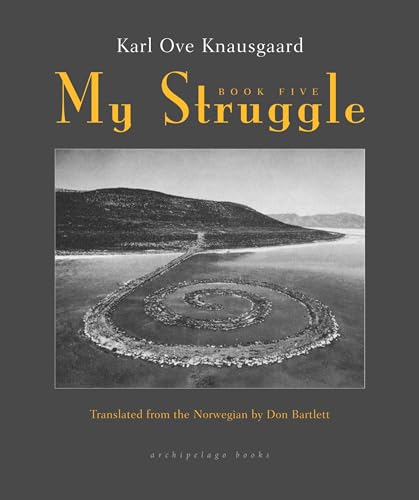
What was the problem? Was it the shrill, sickly tone I heard everywhere that I couldn’t stand, the one that arose from all the pseudopeople and pseudoplaces, pseudoevents, and psudoconflicts our lives passed through, that which we saw but did not participate in, and the distance that modern life in this way had opened up to our own, actually inalienable here and now? If so, if it was more reality, more involvement I longed for, surely it should be that which I was surrounded by that I should be embracing?”

I tried to make it mine, that was my struggle, because of course I wanted it, but I failed, the longing for something else undermined all my efforts.


“Everyday life, with its duties and routines, was something I endured, not a thing I enjoyed, not something that was meaningful or that made me happy. Here is a section of My Struggle, Book 2 I found particularly insightful, where Karl Ove reflects on his dealings with the people in his life: he tells us when he is with other men and women, he feels empathetic and bound to them but when he is by himself, his feelings for them dissolve. A reader might think very self-centered of a writer to pen 6 thick volumes of his life, but you, Karl Ove, are able to tap into the culture's pulse and our collective modern human experience - reading your books is almost like reading our own autobiography.

And thanks for Book 2, writing of your life during your 20s and 30s, married, raising children, dealing with the whole urban banana. Oh, Karl Ove, you capture the heart-break of the lovesick, hypersensitive teenager that speaks to our own lost teenage years.


 0 kommentar(er)
0 kommentar(er)
